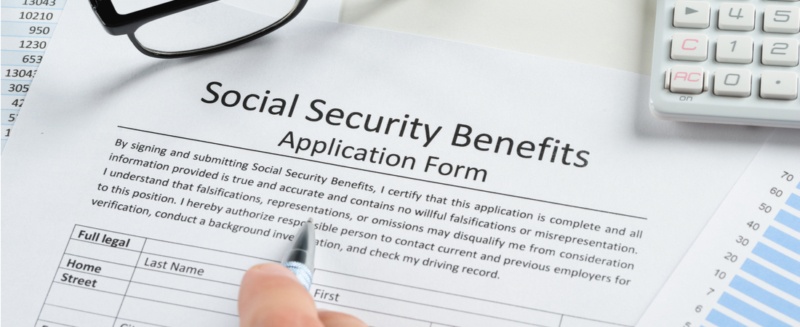Are my Social Security benefits taxable?
That sounds like such a simple question, doesn’t it? The answer should be either “yes” or “no.”
But I’m talking about the U.S. Income Tax Code, so of course it’s not that easy. In fact, the correct answer is both “yes” and “no.”
First let me make one thing clear: The tax rules are the same for regular Social Security benefits and for Social Security disability benefits, also called Supplemental Security Income (SSI). For simplicity’s sake, I’ll call both types Social Security benefits.
When your Social Security benefits are not taxable
This is relatively simple. As of the 2014 tax year:
- If you have no other source of taxable income, then no part of your Social Security benefits is taxable.
- If your total income plus half of your Social Security benefits is below $25,000 (for single people) or $32,000 (for married couples), your Social Security benefits are not taxable.
Your total income includes things that are not normally taxable: non-taxable interest, employer-provided adoption benefits, foreign earned income or foreign housing, and income earned by bona fide residents of American Samoa or Puerto Rico.
When your Social Security benefits are taxable
Once your total income plus half of your Social Security benefits exceeds $25,000 (for single people) or $32,000 (for married couples), you pay tax on up to 85 percent of your benefits. However, if you’re married and filing separately, you lose that $32,000 allowance and 85 percent of your Social Security benefits are immediately taxable.
You don’t pay 85 percent of your benefits as tax, but this amount does get added to your income. That means when you are just one dollar past the previously mentioned dollar limits, your tax rate can skyrocket from 0 percent to 20 percent or otherwise more very quickly.
Test this out in your tax software. Include your normal taxable income and see what your taxes are. Then, add in your Social Security benefits and watch your taxes soar. It’s quite shocking.
You can read more about this and find useful worksheets in IRS Publication 915.
Taking benefits early
Many people opt to start collecting their Social Security income at age 62, or below their target age. Often, after starting to collect early, they realize they can’t live on the reduced benefits—or they go crazy with boredom—and start to work. This can cause some tax complications.
Your wages or self-employment earnings are limited to $15,480 for the year 2014. For every $2 you earn over that limit, $1 of your Social Security income will be withheld. (You can read this brochure from the Social Security Administration for more information). This means if you work and collect your benefits early, you will increase your taxable income and have to pay back a portion of your Social Security benefits.
Before applying for Social Security benefits, make sure you understand how they work and how they affect your taxes. Consider your life expectancy—if you’re expecting to live into your 80s and 90s, take your benefits later. If you’re only expecting to live until 70, start cashing in as soon as you can.
Whatever you do, focus on enjoying life—today!
[amazon_link asins=’1524763438,B01BMDQ9U8,B01FXSVBNI’ template=’ProductCarousel’ store=’thinkglink-20′ marketplace=’US’ link_id=’25c1efcb-05e0-11e8-8196-4995b76cdab5′]






